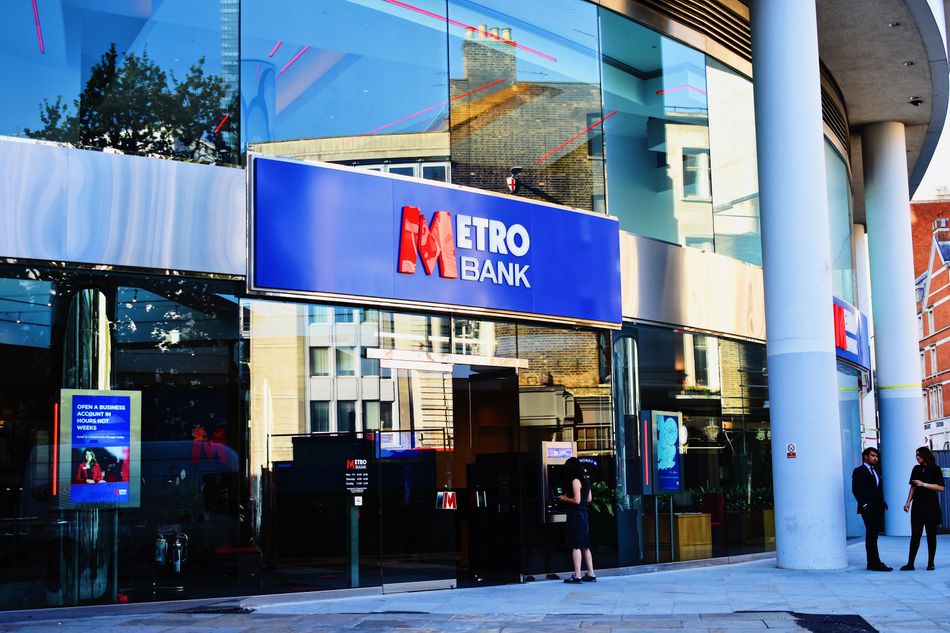Metro says no plans to raise MREL after UK shift

Mid-sized UK lender Metro Bank said it has no plans to raise future debt for the purposes of MREL because it expects to be reclassified as a so-called "transfer firm" under new rules from the Bank of England, meaning its MREL requirement will be equal to its existing minimum capital requirements.
The BoE unveiled its new policy on July 15, raising the threshold at which banks are subject to additional MREL targets above their minimum capital requirements set by the Prudential Regulatory Authority.
Previously, banks with total assets of £15bn or more were subject to the bail-in regime. That has now risen to a range of £25bn–£40bn. Metro's total assets stood at £16.4bn at the end of June.
Metro is already comfortably above its minimum capital requirements, having sold a £250m Additional Tier 1 bond in March.
"We expect to be reclassified a transfer firm with MREL capital equal to minimum capital requirements," the bank said in half-year results on Wednesday. "Given this, there are no plans to raise future MREL. We continue to review our liability structure on an economic basis in the context of our ongoing regulatory and liquidity needs."
Metro has previously struggled to place debt to achieve its MREL targets. It took two attempts for the lender to raise £350m through an offering of senior non-preferred paper in 2019. The first deal was pulled despite the issuer offering a 7.5% area coupon at initial price thoughts. A coupon of 9.5% was needed to convince investors and get the deal over the line in the end.
The cost of that deal, along with a 5.5% Tier 2 it sold in 2018, weighed on Metro's net interest margin.
But the execution of an urgently needed recapitalisation plan in 2023, which involved the refinancing of the bank's MREL debt and a partial bail-in of subordinated bondholders, has set Metro Bank on a more stable footing. It has pivoted to becoming a specialist lender and has reduced its assets, which are down from £17.6bn at the end of last year.
UK chancellor Rachel Reeves last month said she supported the BoE's decision to change the rules, saying it would benefit challenger banks and "bring increased competition and innovation to the market and support those businesses to expand their footprint here in the UK".
OneSavings Bank and Paragon Banking Group are among the other lenders market participants say are likely to benefit from the new MREL rules.





